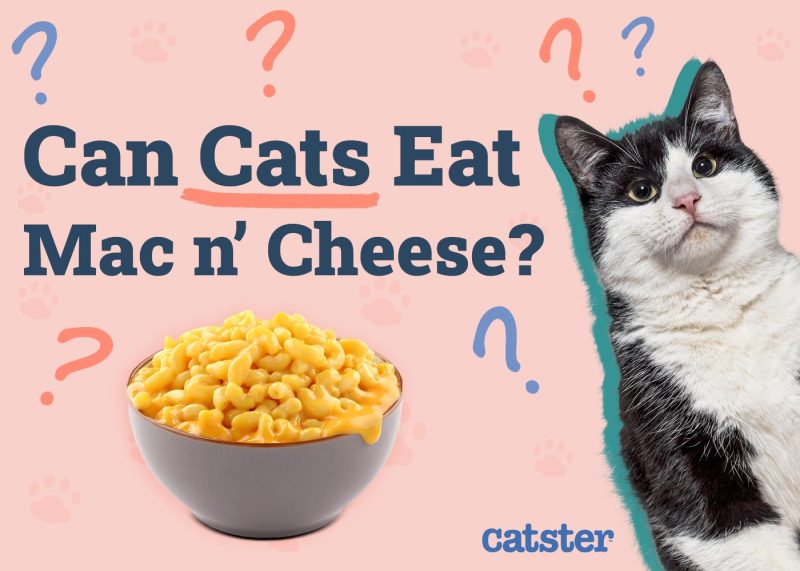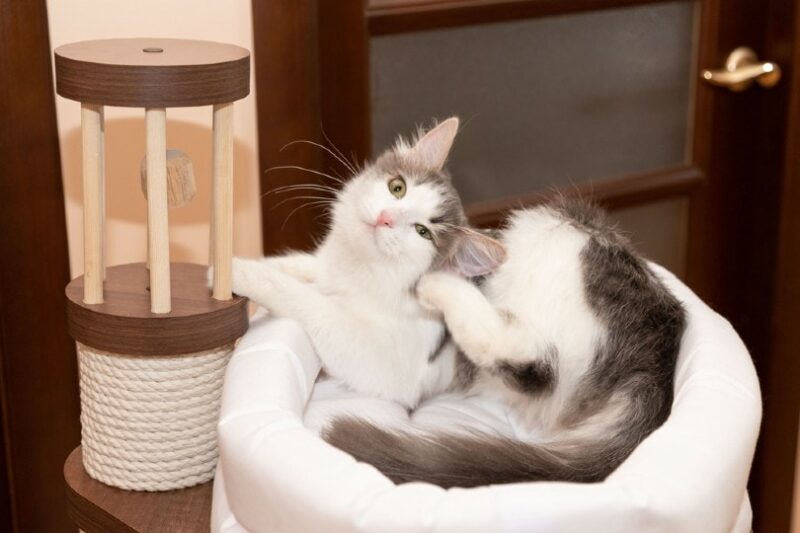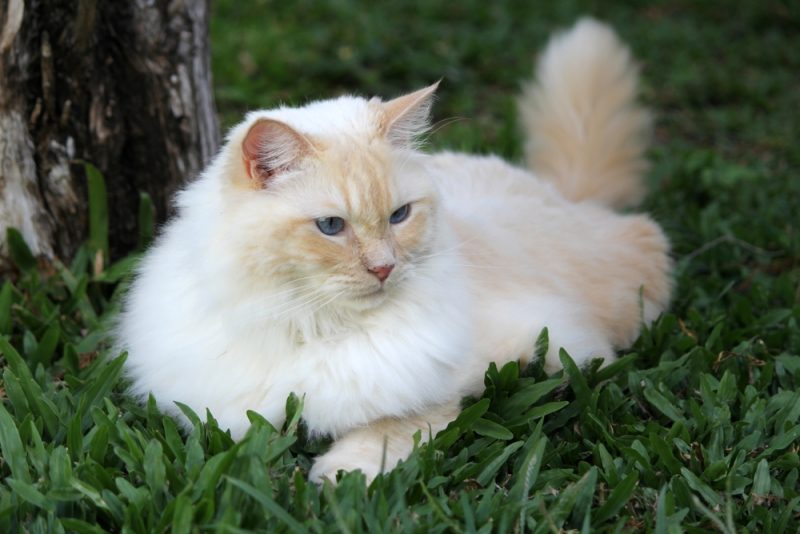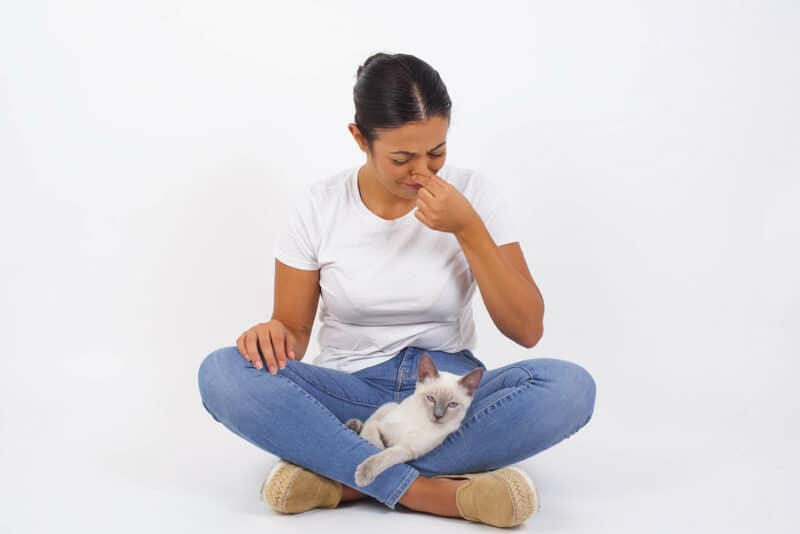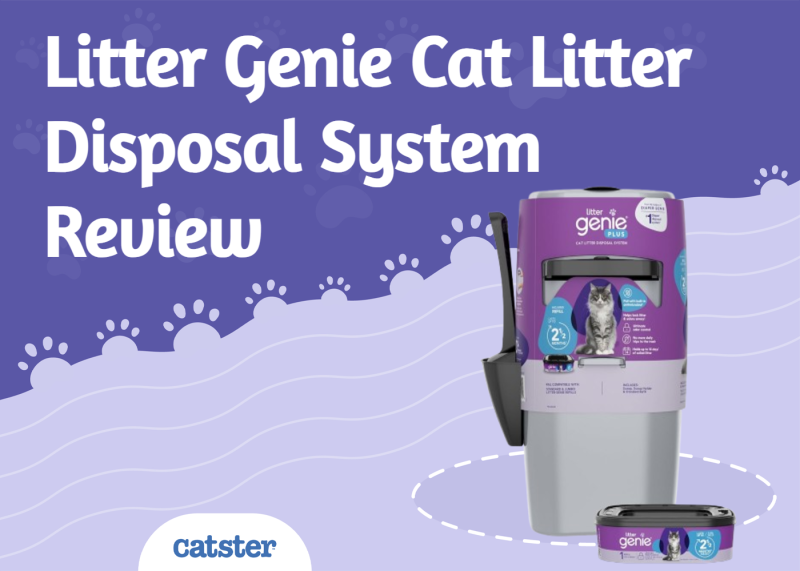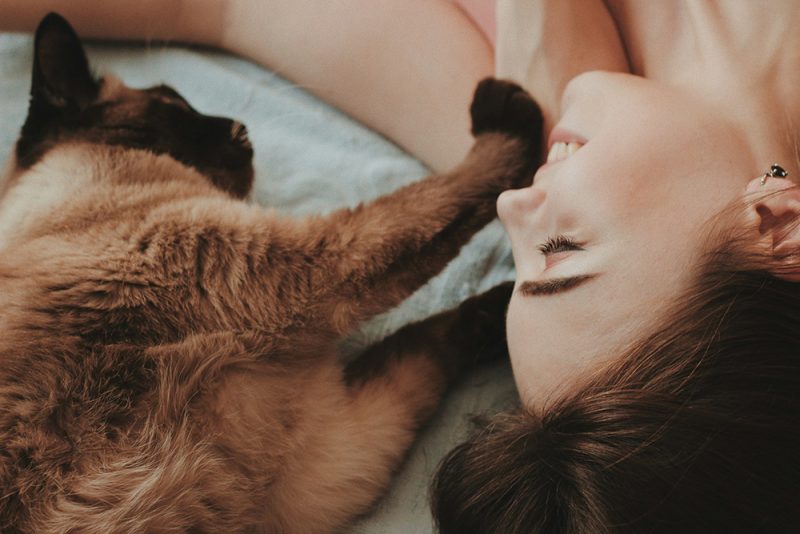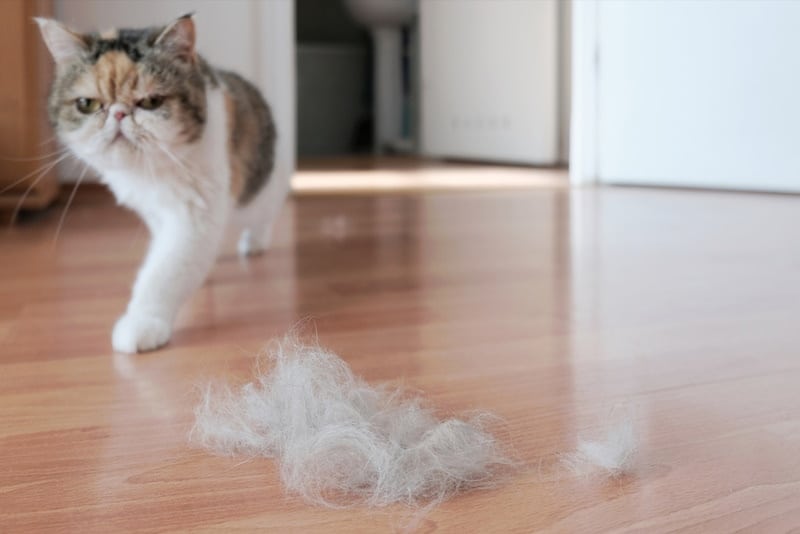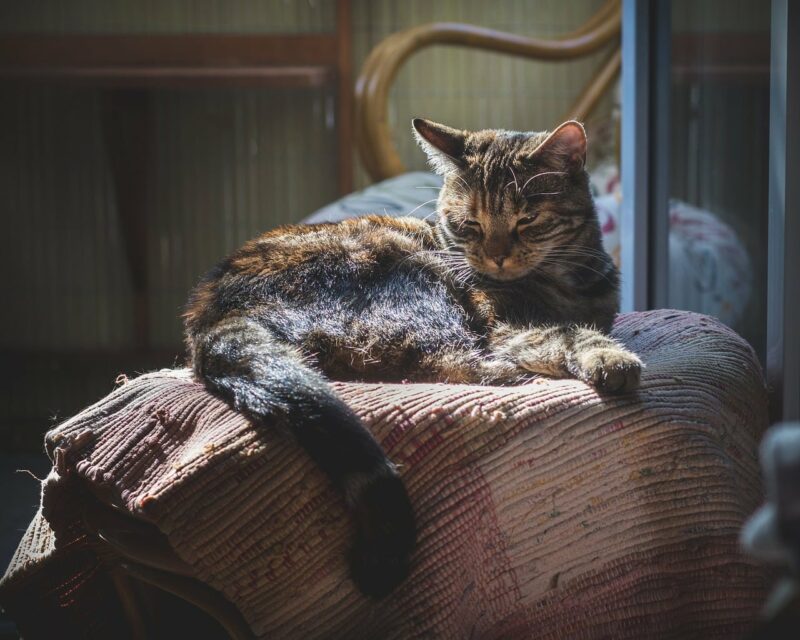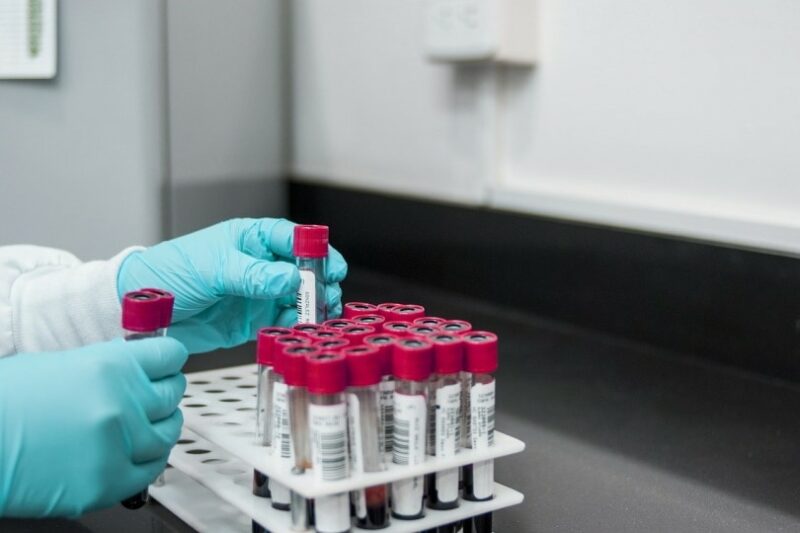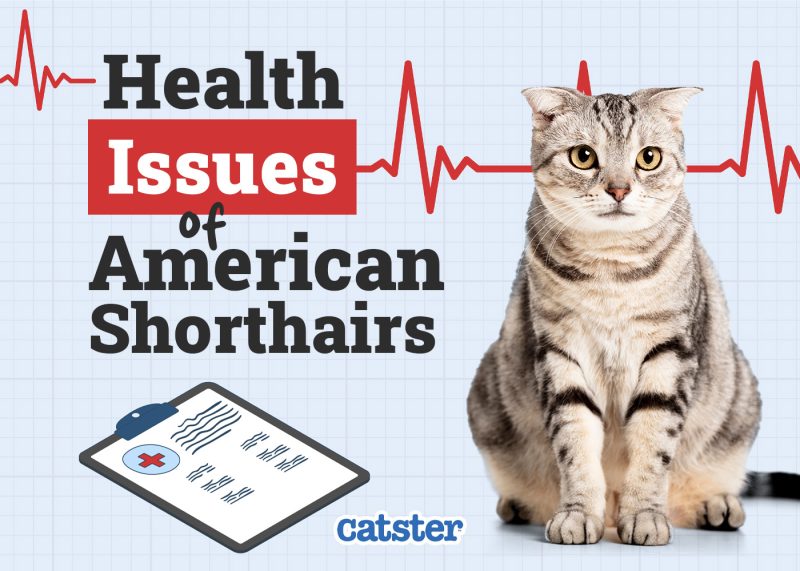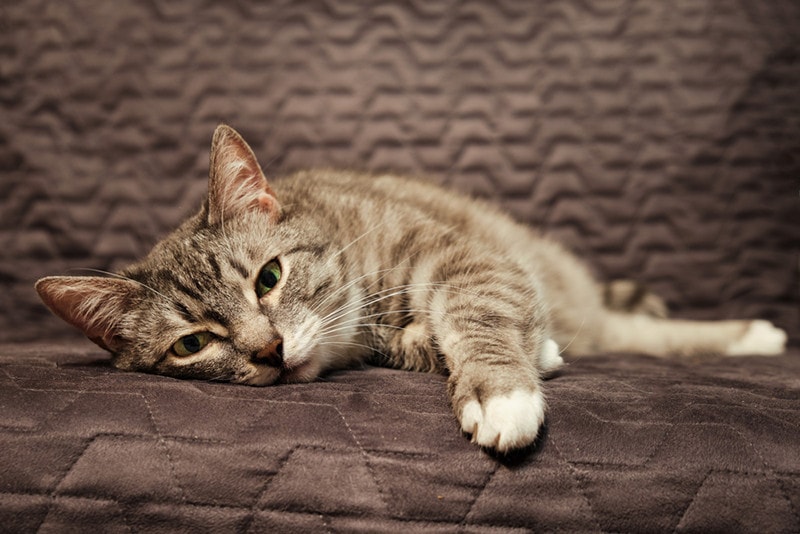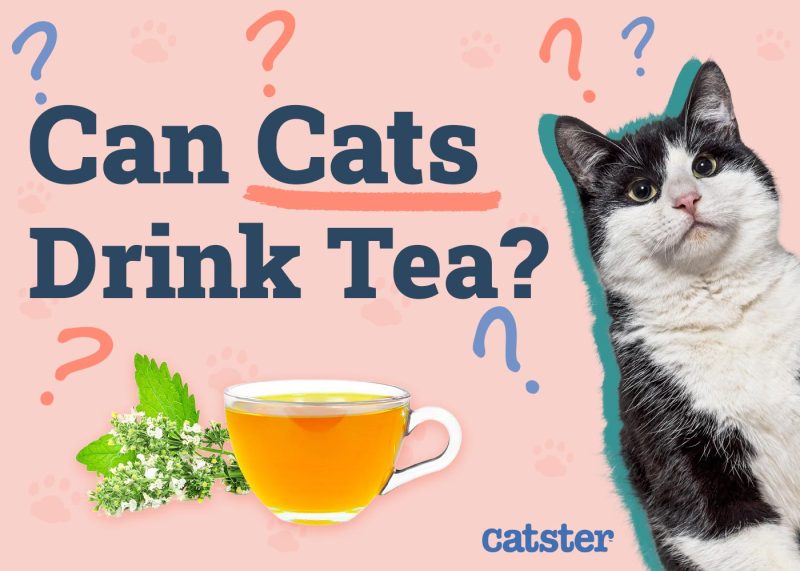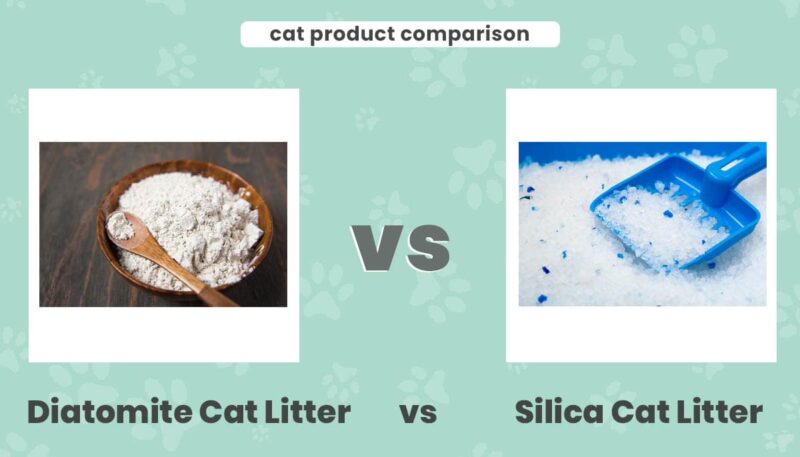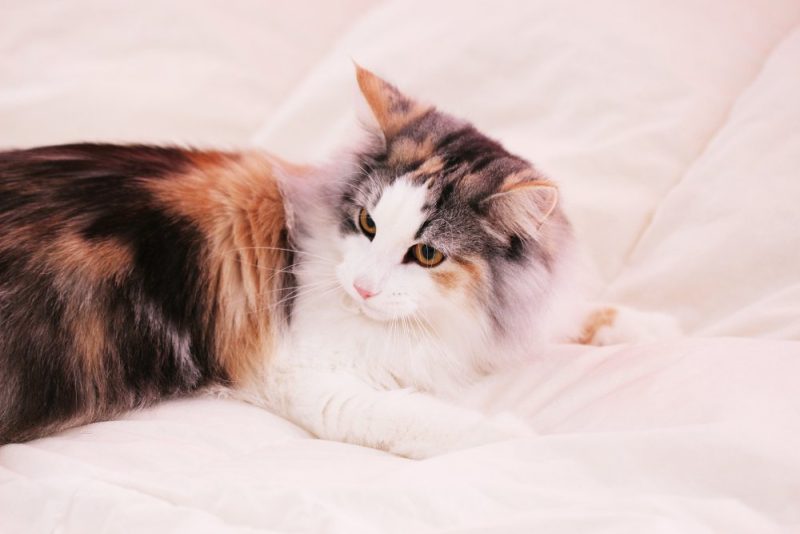In this article
View 3 More +Most cats love cheese, and when this feline favorite is mixed in with a bit of butter, milk, and pasta, it becomes the pure deliciousness known as macaroni and cheese. But can cats safely eat mac and cheese? And if so, is it healthy? Run-of-the-mill macaroni and cheese containing just pasta, milk, cheese, cream, butter, and salt doesn’t feature any ingredients that are outright toxic to cats. But the dish includes dairy, which can be hard on feline tummies and potentially cause vomiting and diarrhea.
Generally, macaroni and cheese contain far more calories, fat, and salt than cats should regularly consume. So even in the best case, macaroni and cheese is far from a healthy treat and could easily cause vomiting and diarrhea if your pet eats more than just a few bites. The cheesy pasta can be seriously problematic if you add products such as chives, garlic, onions, or leeks, which can be fatal to cats when consumed in small quantities1.

My Cat Ate a Bite of Macaroni and Cheese! What Should I Do?
If your cat gets into a bit of plain mac and cheese and takes one or two bites, there’s probably nothing to worry about as long as the dish doesn’t contain onions, garlic, chives, or leeks. They are part of the Allium genus, and you should consider it a medical emergency if your cat consumes any food in the same group.
All it takes is around 2.3 grams of onion per pound of kitty weight to poison a cat. Garlic is more hazardous than onions, and dried options pack a harder punch than fresh products. Seasonings such as garlic powder, garlic salt, and onion powder are particularly problematic and induce toxicity in smaller doses.
If you see your pet snack on a dish containing any of these highly poisonous ingredients, speak with your veterinarian right away. Be prepared to let them know what your pet ate, how much the animal consumed, when the event happened, and if your pet has been exhibiting any signs of illness. Make sure to write everything down to ensure you don’t forget any crucial details.
If you need to speak with a vet but can't get to one, head over to PangoVet. It's an online service where you can talk to a vet online and get the advice you need for your pet — all at an affordable price!

Are There Other Human Foods Cats Should Avoid
Yes. In addition to onion, garlic, and chives, chocolate, grapes, macadamia nuts, and raisins are also toxic to cats. Even small amounts of these foods can be fatal. Reach out to your veterinarian for guidance if your pet consumes any amount of these products or gets into dishes containing them, as it’s considered a veterinary emergency.
Several other common human foods and beverages aren’t great for cats, including alcohol and caffeine. It’s best to keep your cat away from your vanilla extract (which contains alcohol) when cooking and prohibit your cat from accessing caffeinated treats like coffee-flavored ice cream. Due to their high-fat content, walnuts, almonds, and pecans can sometimes cause vomiting and diarrhea in cats.
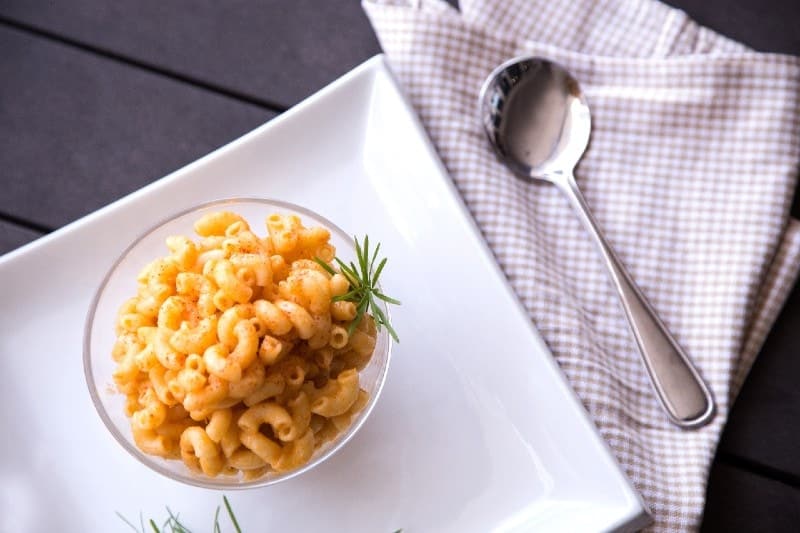
The Ideal Feline Diet
Cats are obligate carnivores, relying on meat for the majority of their nutrients. Human food like macaroni and cheese isn’t great for kitties as it increases their caloric intake without providing the nutrients cats need to be healthy, which can lead to weight issues. Feline obesity is a huge problem, with more than 30% of North American cats suffering from the condition. Cats that weigh too much are at increased risk of developing conditions such as arthritis, heart disease, and urinary tract conditions. Obesity is the most common preventable feline disease.
Cats should get most of their nutrition from cat food. Feeding appropriate servings of high-quality food can go a long way when it comes to helping your pet maintain a healthy weight. Look for choices that have protein listed first on the ingredient list and meet the American Association of Feed Control Officials (AAFCO) feline nutritional guidelines.
It’s essential to avoid overfeeding your pet; the average 10-pound indoor cat only requires around 250 calories per day. Pet foods almost always come with feeding guidelines to help you determine how much to give your cat. Measuring your cat’s food is a quick and easy way to ensure your pet gets just the right amount to eat.
The Importance of Exercise
Kitties need physical exercise to stay in top physical health. A few 10–15 minute play sessions per day will get your cat’s heart pumping and help them burn a few calories. Alternatively, consider training your cat to walk on a leash. Spending time together outside is a great bonding activity and provides cats with mental stimulation as well as exercise. Give your cat plenty of interactive toys so they also have fun ways to entertain themselves and release pent-up energy on their own.
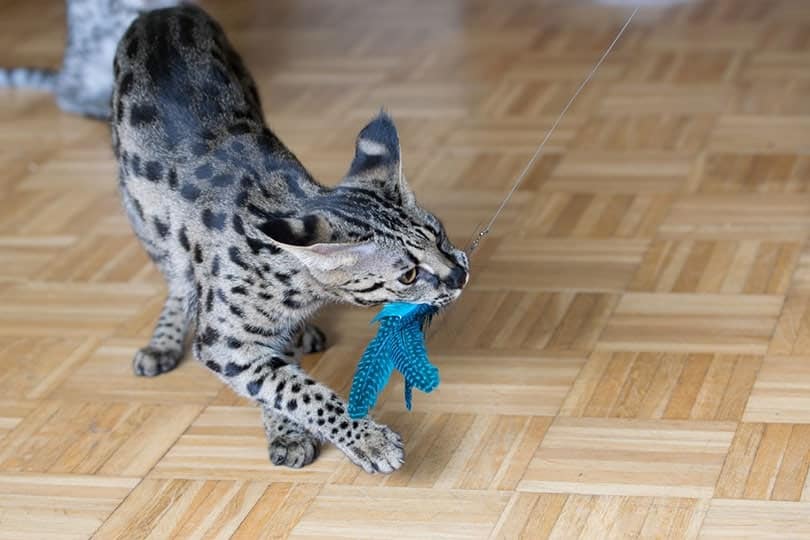

Conclusion
While plain mac and cheese doesn’t contain products that are toxic to cats, the dish generally features entirely too much milk and cheese for cats to comfortably digest. Between the cream, butter, and cheese in really good mac and cheese, there’s simply too much fat and salt for it to be considered a healthy treat.
If seasonings such as garlic, onions, chives, and leeks are added, the dish can become toxic to cats. An occasional bite of unadorned mac and cheese probably won’t harm your pet, but it also won’t deliver any nutritional benefits. If your cat consumes too much human food in addition to their regular meals, they’re at increased risk of becoming overweight, which can lead to conditions such as heart disease, urinary disease, and arthritis.
See Also:
Featured Image Credit: wesweaver, Pixabay
